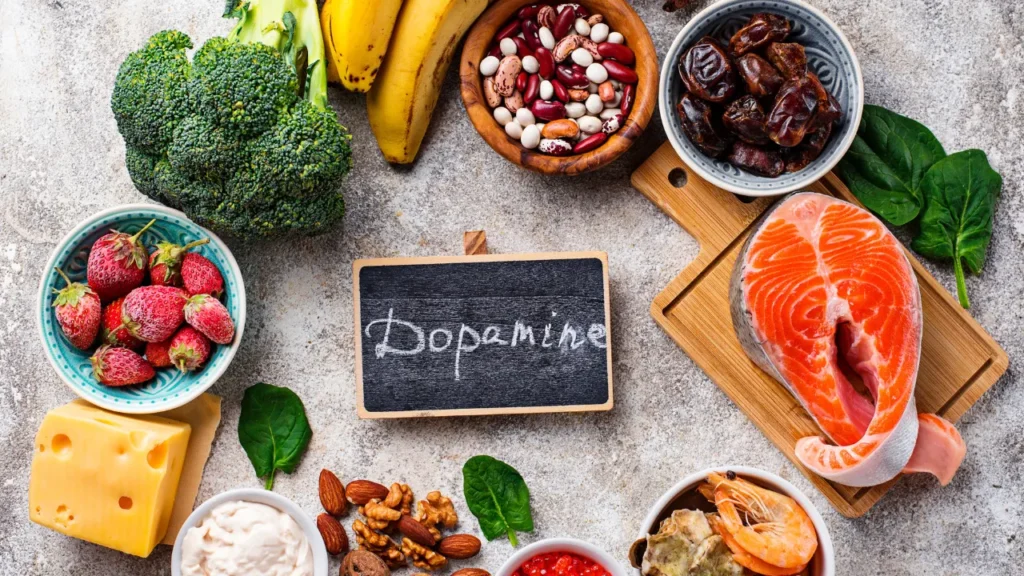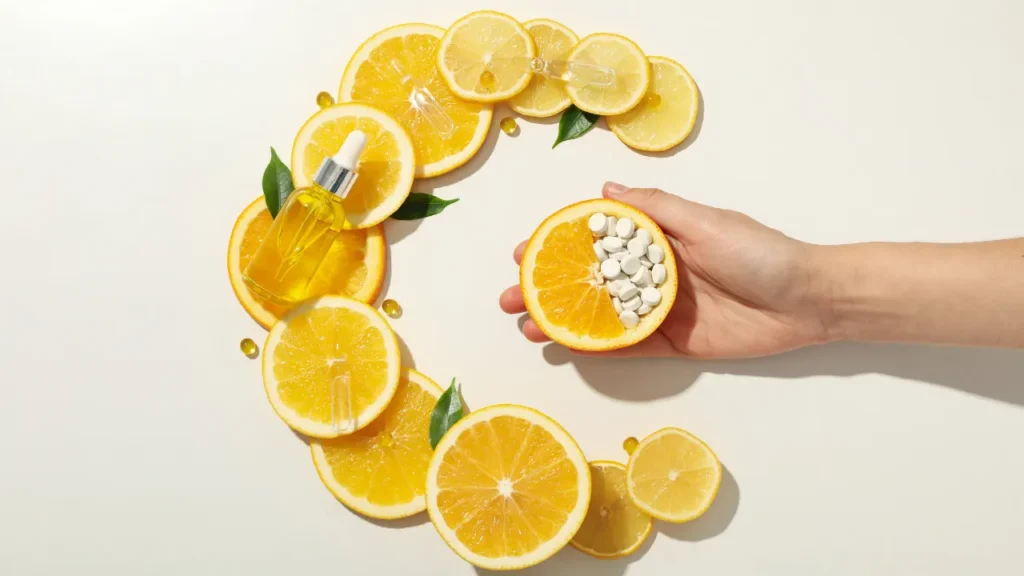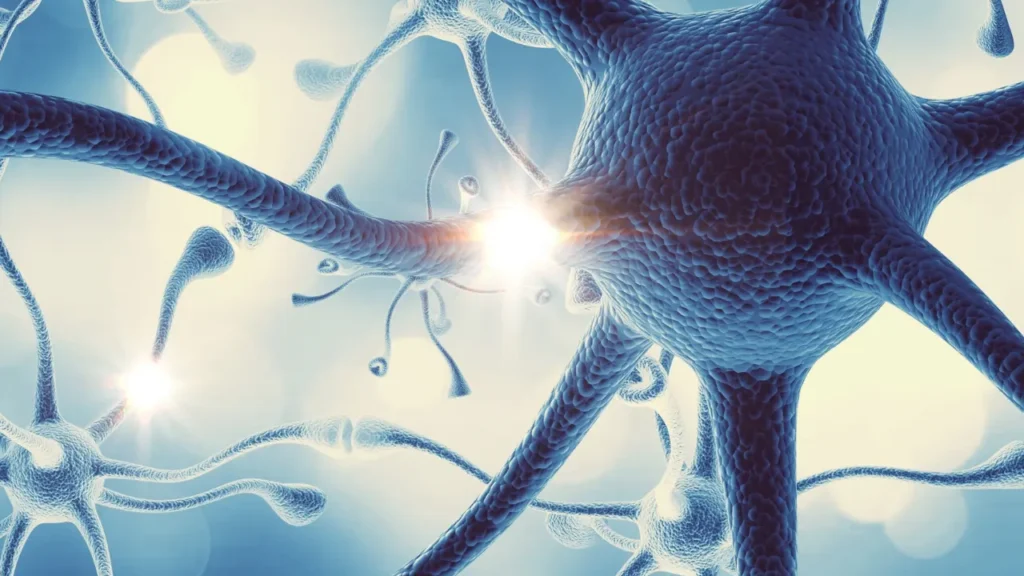There is an intriguing plant known as Scurvy Grass (Cochlearia officinalis). Scurvy Grass is sometimes overshadowed by its historical role in reducing scurvy in sailors. This little, sometimes unnoticeable, plant contains substances that have drawn interest from both researchers and nootropic aficionados in the present day because of potential to improve alertness, focus, and cognitive function. This article explores the complex chemistry of Scurvy Grass, as well as its uses as a nootropic supplement responsibly, side effects, ideal dosages, health advantages, and possible drug interactions.
You May Also Like:
Should You Try CBD for Focus? Here Are the Facts.
CBD for Concentration: 3 Epic Benefits that Boost Your Focus
Scurvy Grass: Benefits, Dosage, Side Effects, Drug Interactions, And Other Important Information is an original (NootropicsPlanet) article.
Nature of Scurvy Grass
The perennial herb, Scurvy Grass, or Cochlearia officinalis, is a member of the Brassicaceae family. Scurvy Grass is typically found around the seaside, where the salty environment allows it to flourish. It became well-known in the past because of its high vitamin C concentration, which sailors used to stave off scurvy on lengthy sea trips. Scurvy Grass’ capacity to flourish in abrasive, salty conditions is indicative of a biochemistry and resilience that are especially suited to the synthesis of a variety of bioactive substances.
Health Benefits Scurvy Grass
The complex chemical makeup of Scurvy Grass is responsible for many of its health advantages, most notably for improving cognitive function. Scurvy Grass contains vitamin C, which is essential for the formation of neurotransmitters, steroid hormones, and collagen. Additionally, it aids in the absorption of iron, a mineral required for blood oxygen transport, ensuring that the brain gets enough oxygen to function at its best.
Scurvy Grass contains flavonoids and phenolic chemicals, which have strong anti-inflammatory and antioxidant effects. By scavenging free radicals and lowering inflammation, these substances shield the brain from oxidative stress and promote cognitive function.
Moreover, the glucosinolates in Scurvy Grass may contribute to its nootropic effects by modulating neurotransmitter systems. The breakdown products of glucosinolates, such as isothiocyanates, influence the release and reuptake of neurotransmitters, such as dopamine and serotonin, which play vital roles in regulating mood, alertness, and cognitive functions.

Chemistry of Scurvy Grass
Ascorbic acid, or vitamin C, is abundant in Scurvy Grass and is a powerful antioxidant that plays a key role in the synthesis of neurotransmitters like dopamine and norepinephrine, which are essential for brain function. Scurvy Grass includes a variety of phytochemicals, such as glucosinolates, flavonoids, and phenolic compounds, in addition to vitamin C. These substances are hypothesized to have neuroprotective, neurotransmitter system-modulating, and antioxidant activities that contribute to its nootropic effects.
For instance, sulfur-containing molecules called glucoseolates hydrolyze (react with water) to form physiologically active metabolites such as isothiocyanates. These metabolites are well-known for their antioxidant and anti-inflammatory qualities, which help shield brain tissue from oxidative stress and inflammation—two things that have been linked to cognitive decline.
Physiological Mechanism of Action
The physiological mechanisms by which Scurvy Grass exerts its effects on the body and brain are multifaceted, involving its nutrient and phytochemical profile that influences various metabolic and neurotransmitter pathways.
Antioxidant and Neuroprotective Effects
The high vitamin C content of Scurvy Grass is essential for eliminating oxidative stress in the brain and scavenging free radicals. An imbalance between free radicals and antioxidants causes oxidative stress, a condition that damages cells and is linked to cognitive loss. In order to neutralize free radicals and preserve the integrity and function of neurons, vitamin C transfers electrons.
Scurvy Grass also contains flavonoids and phenolic chemicals, which add to its antioxidant potential. The blood-brain barrier is a selective permeability barrier that shields the brain from external stimuli while permitting essential nutrients to flow through. These molecules have the potential to cross it. Once in the brain, flavonoids and phenolics exert their antioxidant effects, further protecting neurons from oxidative damage and enhancing neurogenesis, the process by which new neurons are formed in the brain.
Modulation of Neurotransmitter Systems
Certain chemicals found in Scurvy Grass, specifically those obtained from the hydrolysis of glucosinolates, have the potential to impact the neurotransmitter systems in the brain. Chemicals called neurotransmitters are involved in mood control, cognition, and general brain function. They are responsible for sending messages from one neuron to another across a synapse.
Isothiocyanates, the bioactive metabolites produced when glucosinolate breaks down, can alter the levels of neurotransmitters like serotonin and dopamine. While serotonin controls mood, appetite, and sleep, dopamine is linked to motivation, reward, and attention. Scurvy Grass may improve cognitive abilities like focus, attentiveness, and mood stabilization by affecting the amounts and activity of these neurotransmitters.
Anti-inflammatory Effects
Numerous neurodegenerative illnesses and cognitive deficits have been connected to chronic inflammation. Due to the presence of vitamin C, flavonoids, and isothiocyanates, Scurvy Grass has anti-inflammatory qualities that can lessen the inflammatory response in the brain. Through the inhibition of pro-inflammatory cytokine production and modulation of inflammatory cell activity, these substances can provide protection against neuronal damage resulting from inflammation, thereby promoting cognitive health and function.
Enhancing Cerebral Blood Flow
Collagen is a protein that is necessary for the integrity of blood vessels, and vitamin C is important for its synthesis. In order to maintain adequate cerebral blood flow—which guarantees that the brain receives enough oxygen and nutrients while eliminating metabolic waste products—healthy, flexible blood vessels are essential. Scurvy Grass may increase cerebrovascular function, which could indirectly improve cognitive performance by promoting vascular health.

Optimal Dosage of Scurvy Grass
Because individual reactions to Scurvy Grass vary, and there are no large-scale clinical research studies to reference, determining the best dosage for improving cognitive function is difficult. On the other hand, moderate use in the context of a balanced diet is usually regarded as safe. Supplemental Scurvy Grass should be used with caution, according to product guidelines or medical advice to prevent exceeding safe upper intake levels of any of its ingredients (especially vitamin C).
Side Effects of Scurvy Grass
Scurvy grass contains a lot of vitamin C, therefore eating too much of it can have negative effects even if it’s normally safe. Among them include digestive issues such as cramping in the abdomen, nausea, and diarrhea. In those who are vulnerable, high dosages of vitamin C may potentially raise the risk of kidney stones.
Although moderately healthy, the glucosinolate concentration may interfere with thyroid function if ingested in excess because it releases goitrogens, which prevent the thyroid gland from absorbing iodine.
Potential Substance Interactions
There are drug and chemical interactions with Scurvy Grass. Because of its high vitamin C concentration, it may increase or decrease the effectiveness of some drugs, including anticoagulants and statins. Also, it may tamper with the outcomes of some lab tests, including those that measure cholesterol and blood sugar.
Furthermore, as chemotherapy treatments work by inducing oxidative stress in cancer cells, the antioxidant qualities of Scurvy Grass may interact with them. Therefore, before taking Scurvy Grass supplements, people receiving chemotherapy should speak with their doctors.

Best Responsible Use
It’s important for you to utilize Scurvy Grass carefully if you’re interested in using it as a nootropic supplement. To evaluate tolerance, this entails titrating up to the prescribed dosage gradually from lower initial dosages. It is also essential for you to communicate with a healthcare professional about its use and to be aware of any possible interactions with other supplements and medications, particularly for people who already have health issues.
Scurvy Grass, when taken sparingly and in conjunction with a healthy lifestyle consisting of a balanced diet, frequent exercise, and enough sleep, can be a beneficial supplement to a nootropic program. Together, these elements promote the best possible cognitive performance and increase the potential advantages of nootropic substances.
Scurvy Grass:
Conclusion
Scurvy Grass, a vintage cure for scurvy for sailors, is capable of healing more than just an ailment that often affected those at sea. With modern study, there’s evidence Scurvy Grass can do more for the body. Some people are using it for its direct and indirect nootropic effects. Scurvy Grass is definitely good for the brain in that it enables better oxygen flow to it and helps vitamins, like iron that are necessary for its functioning, to be absorbed with greater ease.
It also lowers oxidative stress and inflammation, in addition to supporting the generation of neurons and important neurotransmitters like dopamine and serotonin. Scurvy Grass can improve health and improve mood. Others use it as a viable source of vitamin C.

References:
- “Scurvy Grass – Uses, Side Effects, and More.” Retrieved from: https://www.webmd.com/vitamins/ai/ingredientmono-373/Scurvy-Grass
- “Scurvy and cloudberries: a chapter in the history of nutritional sciences.” Retrieved from: https://pubmed.ncbi.nlm.nih.gov/22013203/
- “Cochlearia officinalis s.l. (Scurvy Grass) in Northernmost Alaska.” Retrieved from: https://pubmed.ncbi.nlm.nih.gov/17821608/
Important Note: The information contained in this article is for general informational purposes only, and should not be construed as health or medical advice, nor is it intended to diagnose, prevent, treat, or cure any disease or health condition. Before embarking on any diet, fitness regimen, or program of nutritional supplementation, it is advisable to consult your healthcare professional in order to determine its safety and probable efficacy in terms of your individual state of health.
Regarding Nutritional Supplements Or Other Non-Prescription Health Products: If any nutritional supplements or other non-prescription health products are mentioned in the foregoing article, any claims or statements made about them have not been evaluated by the U.S. Food and Drug Administration, and such nutritional supplements or other health products are not intended to diagnose, treat, cure, or prevent any disease.


